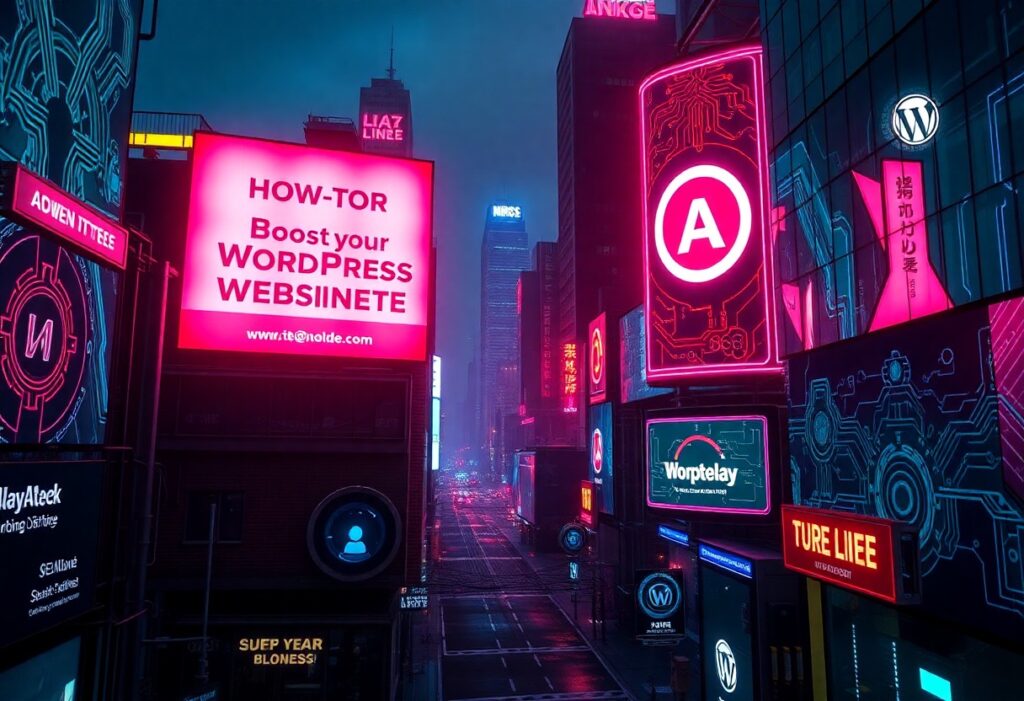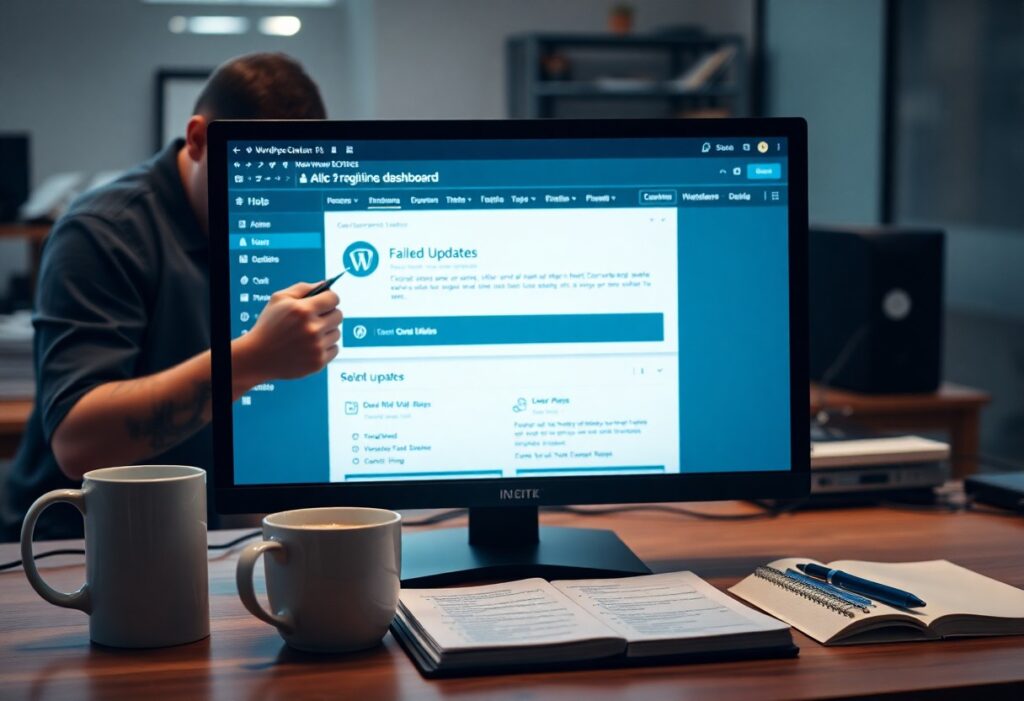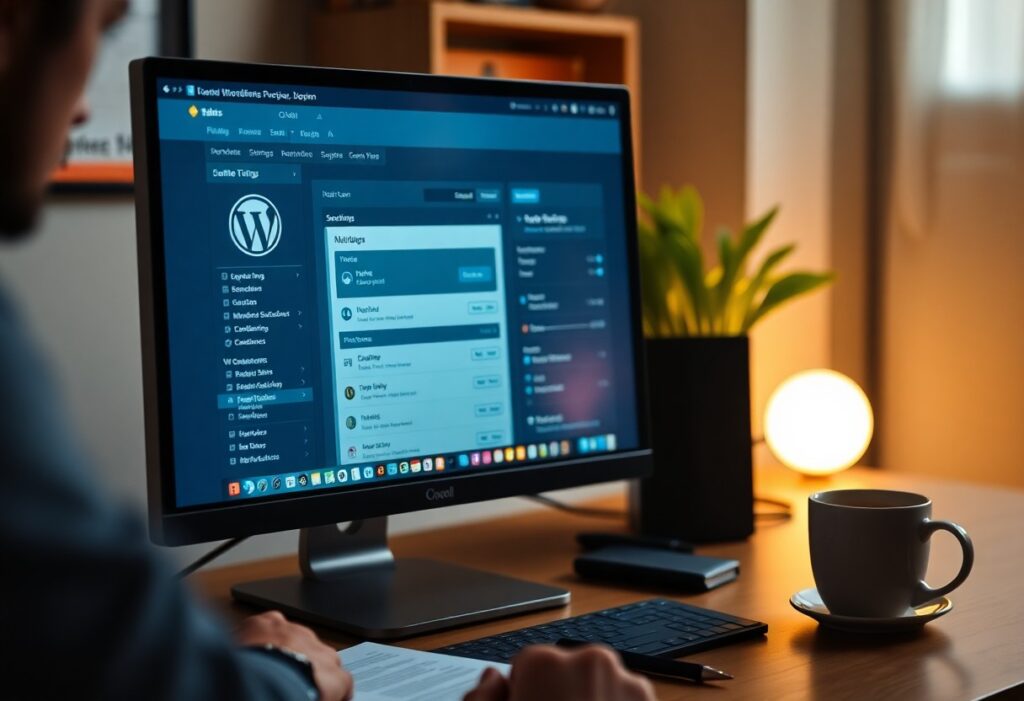Many website owners often overlook the importance of website speed, yet it plays a vital role in user experience and search engine rankings. If you want your WordPress website to perform optimally, follow this comprehensive guide to enhance its speed.
First, the hosting provider you choose can significantly impact your website speed. Make sure that you select a reputable hosting service that specializes in WordPress hosting. Opt for solutions that offer solid-state drives (SSD), which are faster than traditional hard drives. Additionally, consider options like managed WordPress hosting for an extra layer of performance management.
Next, optimize your images. Large images can slow down your site significantly. Use tools like ShortPixel or Smush to compress your images without losing quality. Additionally, consider using the WebP format, which offers superior compression to JPG or PNG files.
Install a caching plugin. A caching plugin can store a static version of your website, which can be served to visitors rather than generating dynamic content with every request. Some popular caching plugins include W3 Total Cache and WP Super Cache. This will help reduce the loading time and improve the overall user experience.
Another key aspect is to minify your CSS, JavaScript, and HTML. This process involves removing unnecessary characters from the code, such as spaces and comments, which can significantly reduce file size. Plugins like Autoptimize can help automate this task.
If your WordPress site includes multiple plugins, review and deactivate any that you do not actively use. Each active plugin can add additional loading time, so it is important to keep only those that are truly necessary. Consider combining similar functionalities into a single plugin to further streamline your website.
You can also improve loading speed by utilizing a Content Delivery Network (CDN). A CDN stores copies of your website on various servers around the world, allowing users to access the nearest server, which can drastically cut down loading times. Services like Cloudflare or MaxCDN are popular choices among website owners.
Furthermore, if you are using a heavily customized theme, it might be time to consider switching to a more lightweight theme. Look for themes optimized for speed that offer the functionality you need without unnecessary embellishments. This can lead to quicker loading times and a cleaner user interface.
Lastly, regularly monitor your website’s performance using tools like Google PageSpeed Insights or GTmetrix. These tools provide actionable insights on how to further enhance your site speed. Analyzing performance metrics will make it easier for you to identify areas needing improvement.
By following these strategies, you can drastically improve the loading speed of your WordPress website. A faster website not only enhances user experience but also improves your site’s SEO, making it more competitive in the online market.




